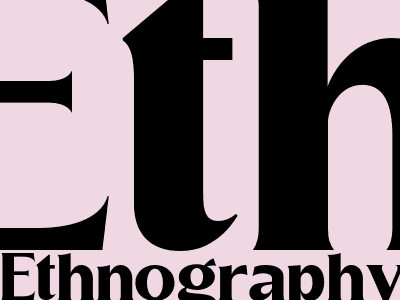
Ethnography, Dictation: Focus on Underrepresented Groups
Ethnography & Dictation
Ethnography, a qualitative research method, involves observing and interacting with a community over an extended period to gain an in-depth understanding of their culture and way of life. However, traditional ethnographic methods often rely on researchers' interpretations, potentially marginalizing the voices of the communities they study.
Dictation, the process of recording and transcribing spoken words, offers an alternative approach that gives greater agency to research participants. By allowing individuals to dictate their own stories and perspectives, dictation empowers them to control the narrative and ensures their experiences are accurately represented.
Benefits of Dictation in Ethnography
Empowering Participants
Dictation empowers research participants by giving them control over the representation of their experiences. They can express themselves in their own words, ensuring their perspectives are accurately captured and their voices are heard.
Enhancing Authenticity
Dictation reduces researcher bias and enhances the authenticity of ethnographic data. By minimizing the researcher's role as interpreter, dictation allows participants to convey their experiences directly, preserving the richness of their narratives.
Accessing Underrepresented Perspectives
Dictation is particularly valuable for accessing the perspectives of underrepresented groups, who may face barriers to participating in traditional research methods. By providing them with a platform to share their stories, dictation empowers these marginalized voices and contributes to a more inclusive understanding of different cultures.
Ethical Considerations
Informed Consent
Researchers must obtain informed consent from participants before recording and transcribing their dictations. Participants should be made aware of the purpose of the research, how their data will be used, and that they have the right to withdraw at any time.
Confidentiality
Researchers must protect the confidentiality of participants' identities and ensure that their data is handled in a secure and ethical manner. Any identifying information should be redacted or anonymized before sharing or publishing.
Bias Mitigation
Researchers should be aware of their own biases and take steps to minimize their influence on the dictation process. This includes being open to diverse perspectives and seeking feedback from participants to ensure fair representation.
Applications of Dictation in Ethnography
Documenting Cultural Practices
Dictation can be used to document traditional knowledge, cultural practices, and oral histories, particularly in communities where written records may be scarce.
Exploring Marginalized Experiences
Dictation provides a powerful tool for exploring the experiences of marginalized groups, giving voice to their perspectives and empowering them to share their stories.
Supporting Community-Based Research
Dictation can be used in community-based research projects, where participants actively engage in the research process and contribute their own perspectives and insights.